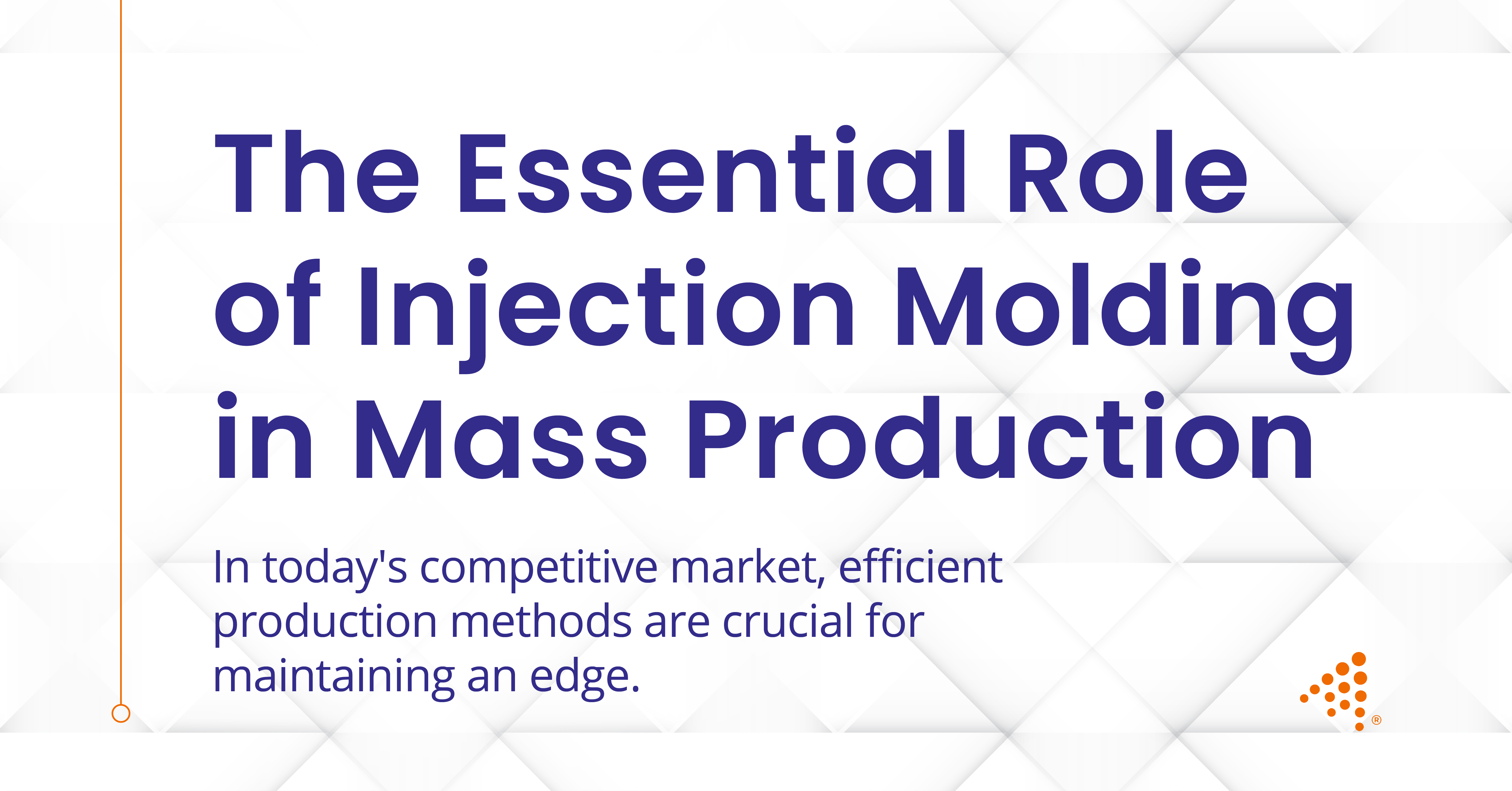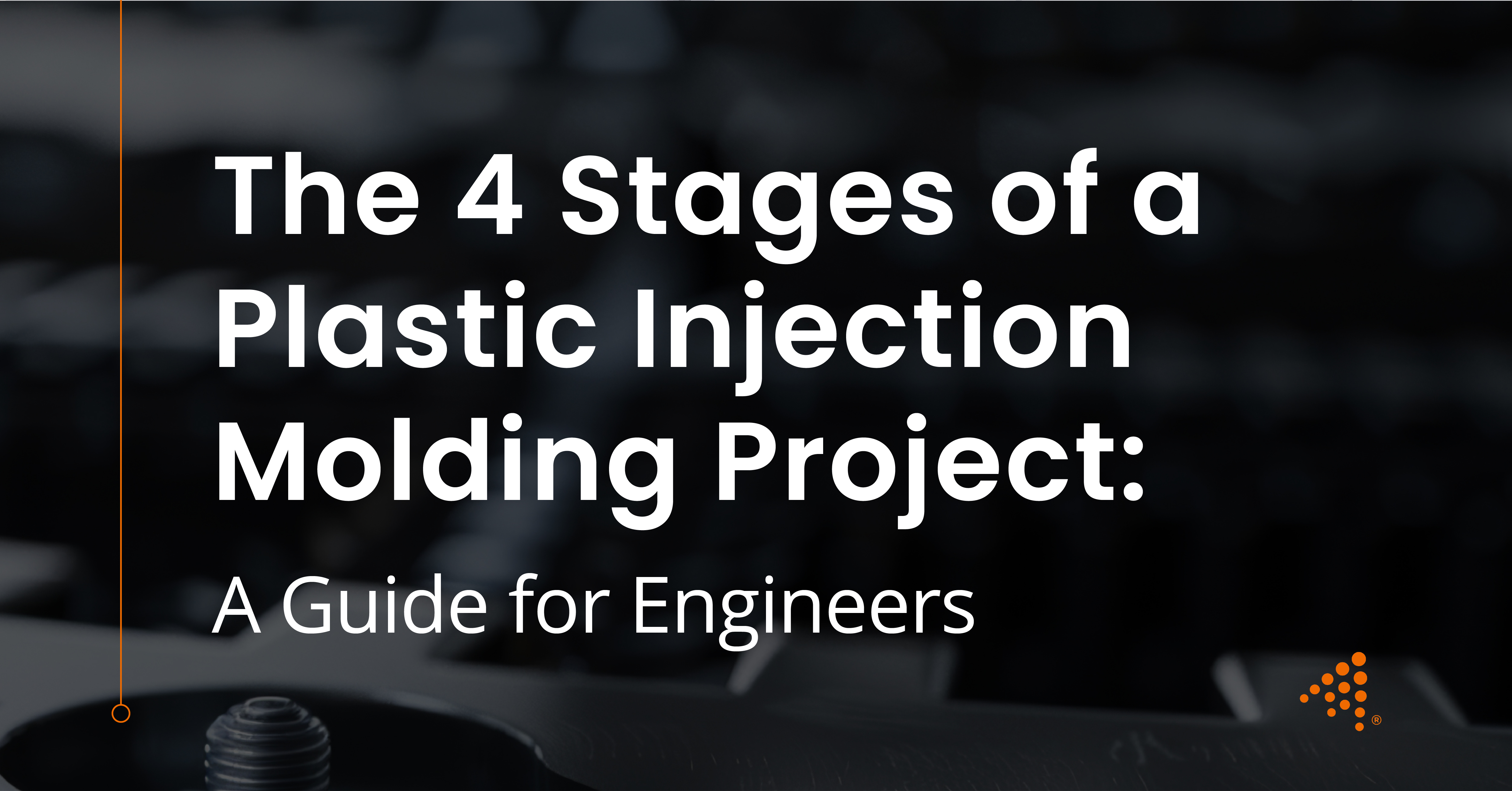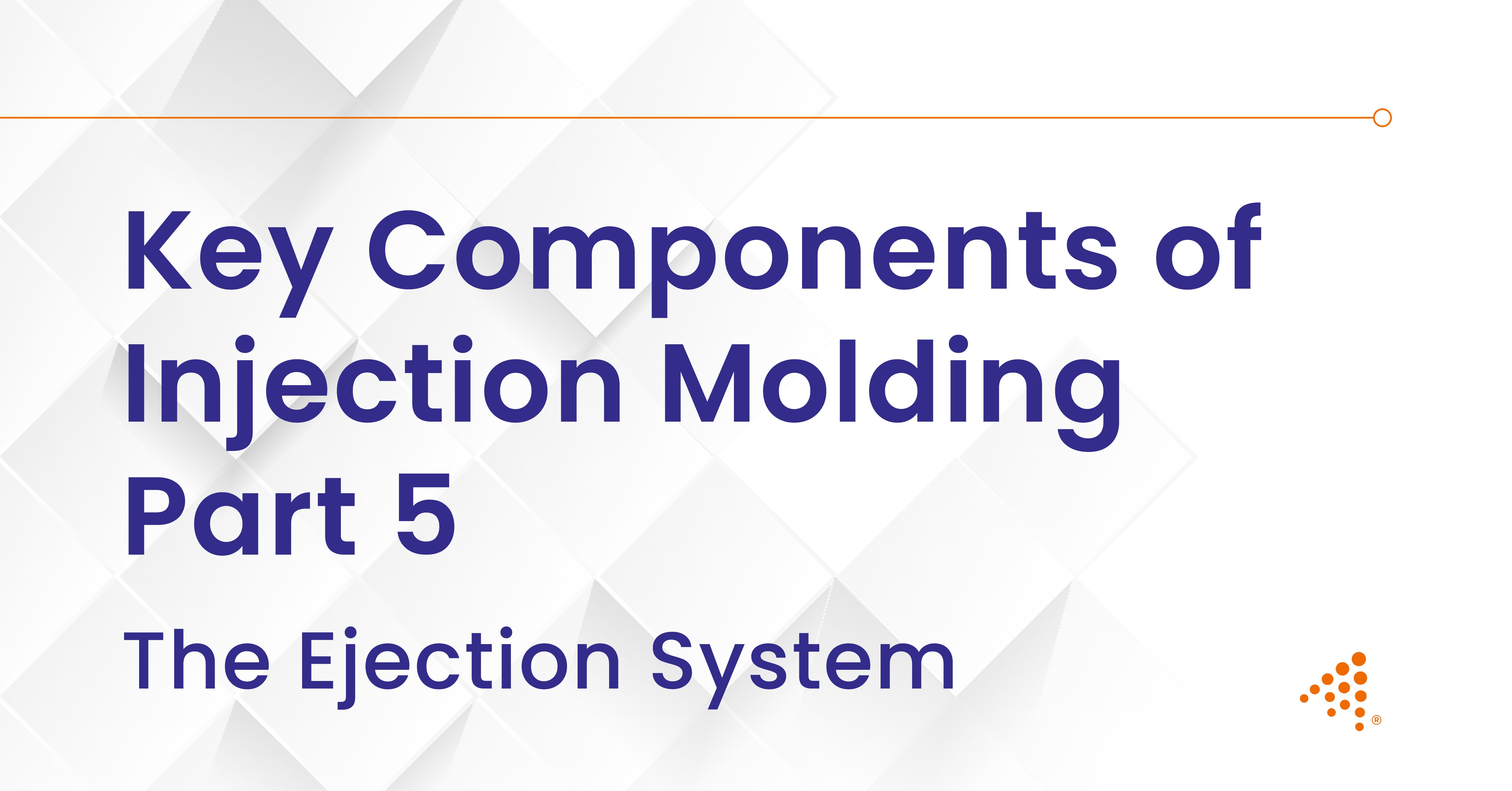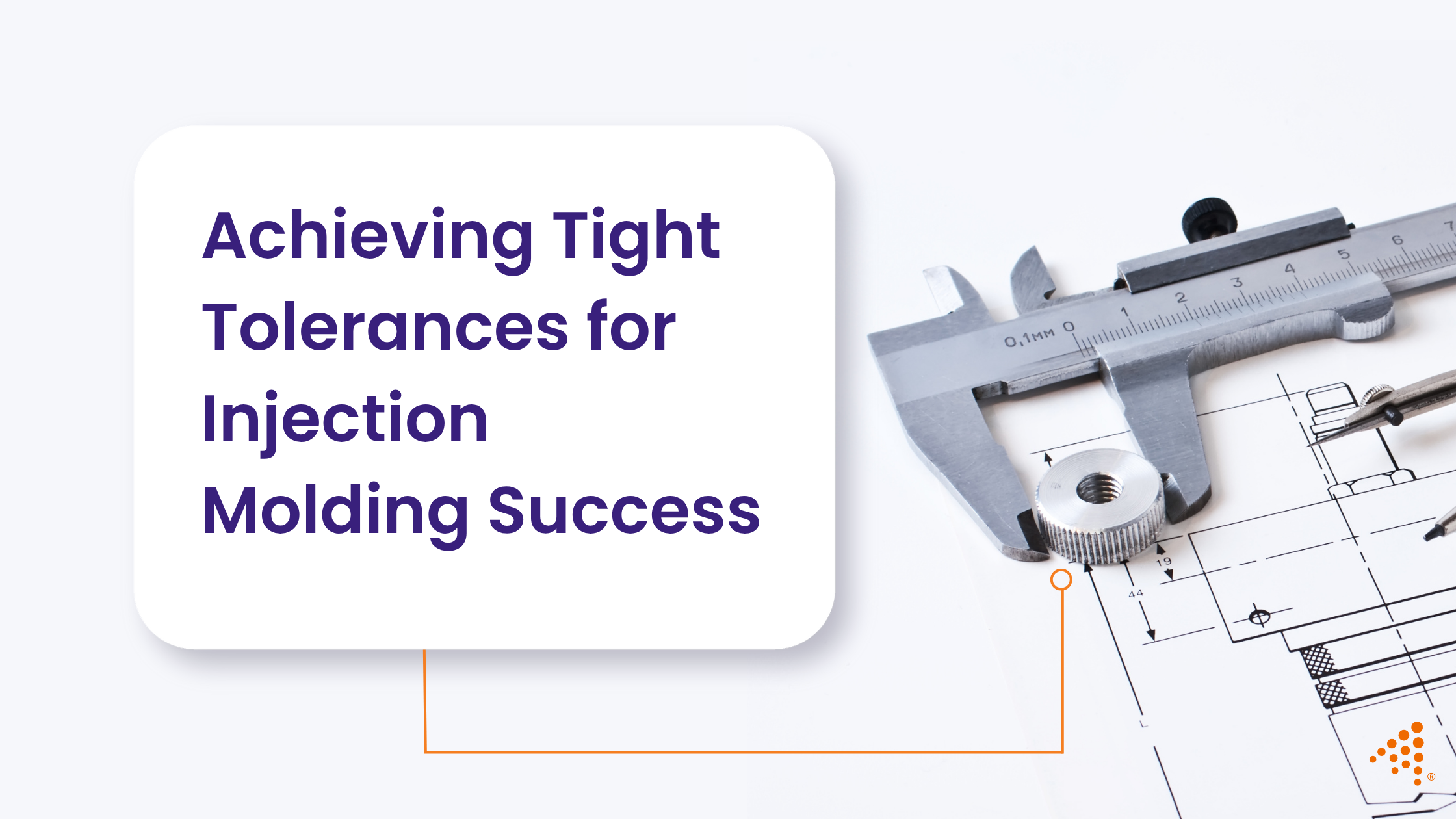The 4 Stages of a Plastic Injection Molding Project: A Guide for Engineers
Plastic injection molding is one of the most widely used manufacturing processes for producing plastic parts, valued for its efficiency, scalability,...
3 min read
Nick Erickson : Oct 16, 2025 8:48:00 AM

In today's competitive market, efficient manufacturing methods are crucial for maintaining a commercial edge. Injection molding stands out as a vital technology for large-scale production, offering distinct benefits that make it indispensable across various industries. This blog explores why injection molding is a cornerstone of modern manufacturing, focusing on its efficiency, precision, material versatility, cost-effectiveness, and design flexibility.
Read More About Optimizing Injection Molding Tooling for Cost and Performance

Read More About Cycle Time & Cooling Strategies in Injection Molding
Injection molding's versatility makes it fundamental to numerous sectors:
Injection molding is indispensable for modern mass production due to its combination of high efficiency, precision, design freedom, and cost-effectiveness. Its ability to scale and its applicability across a vast range of industries underscore its critical role in manufacturing. As technology continues to evolve, injection molding will remain a key process for creating high-quality parts at scale.
For those searching for "plastic injection molding near me," Aprios offers expert support and end to end manufacturing services. Whether you need prototype injection molding or are ready for large-scale production, our team can help you leverage the full potential of injection molding, including medical injection molding, to meet your production needs efficiently and cost-effectively. Contact us today to get started on your injection molding project.
You can also view our Material Selection tool.

Plastic injection molding is one of the most widely used manufacturing processes for producing plastic parts, valued for its efficiency, scalability,...

7 min read
The injection molding process is a symphony of precisely orchestrated stages, each playing a vital role in transforming raw plastic material into a...

Achieving the perfect balance between a precisely designed part and a consistently manufacturable product is a fundamental challenge in plastic...